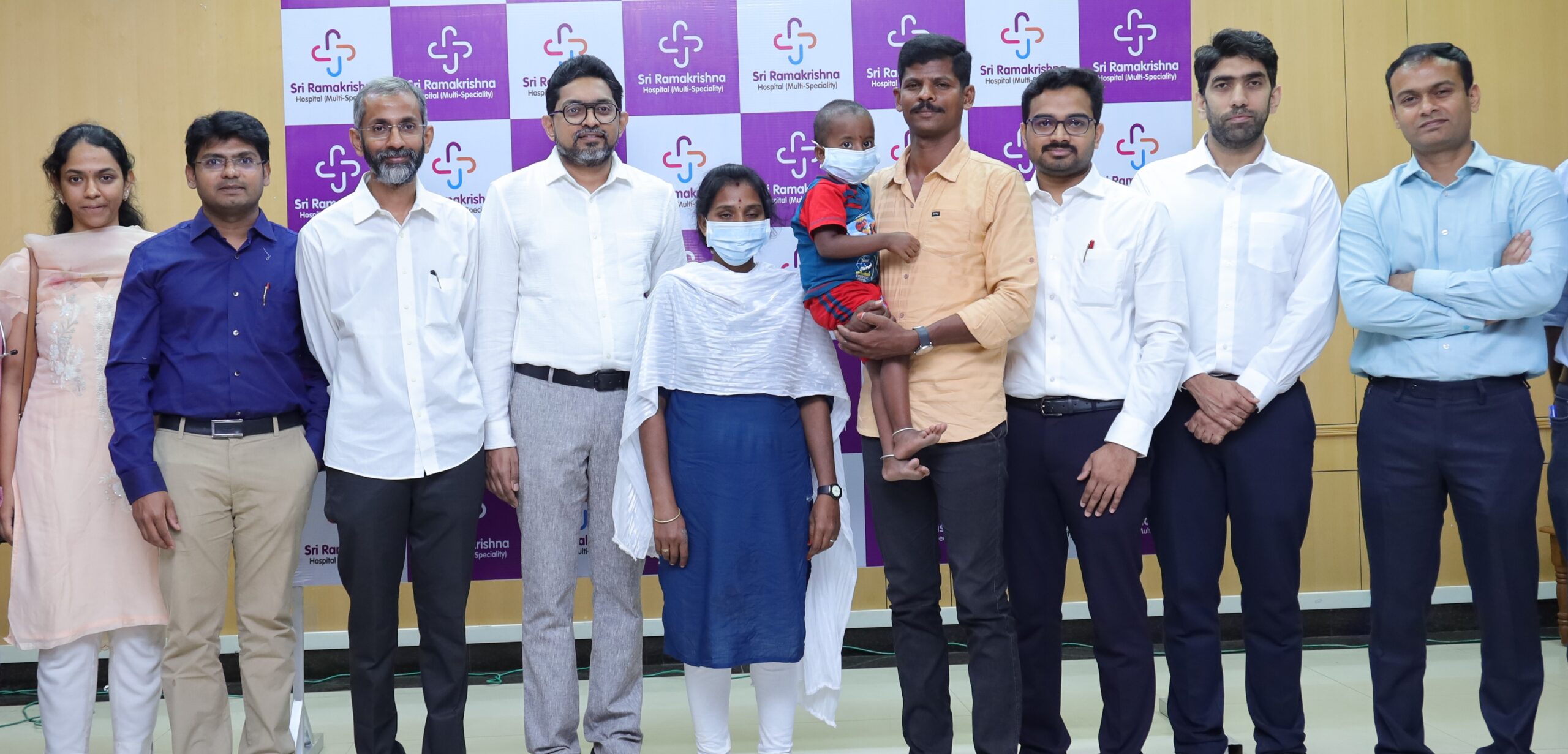Trending Now
- 830 voters names go missing in Kavundampalayam constituency
- If BJP comes to power we shall consider bringing back electoral bonds: Nirmala Sitaraman
- Monitoring at check posts between Kerala and TN intensified as bird flu gets virulent in Kerala
Coimbatore
Support Jallikattu – Tamil student releases documentary in Sweden
![]() February 18, 2016
February 18, 2016
Not only in India, but the ban on Jallikattu has its impact far and wide. The Indian community living in Lund, Sweden, has put in their efforts to make a documentary on the impact that the ban would have on native cattle breeds.
The documentary titled ‘Jallikattu’, was released in Sweden by a group of students on Thursday.
Explaining the close bonding of cattle and Indian farmers, the documentary directed by Balathandayuthabani Panneer Selvam, a native of Pudukkottai, pursuing Ph.D. in Lund University in Sweden, explains how native breed bulls, which are so bonded with farmers, are being sent to slaughter houses after the ban.
In a series of interviews, the makers talk with animal rights activists and animal welfare associations who explain why Jallikattu is a sustainable way to maintaining native cattle breed.
Activists S. Balakumar from the Jallikattu Peravai, and Karthikeya Sivasenapathy, Managing Trustee of Seenapathy Kangayam Cattle Research Foundation, have argued that Jallikattu is targeted by Western organisations to make native breed go extinct.
They have stated that Jallikattu, which uses native un-castrated bulls are the only competition to Western semen vendors who are unable to get a hold in the Indian cattle market because of the prevalence of potent native bulls.
Arguing that PETA was supporting such companies, the documentary also questions why haven’t the organisation collected details of Jallikattu bulls sent for slaughter if it wants to safeguard bulls. Nearly 70,000 bulls have been sent to slaughter houses in 2014 alone.
Questioning the evidence upon which Supreme Court had banned the sport, the documentary also questions the evidence of cruelty in the reports submitted by the District Collector, Animal Welfare Board of India (AWBI), and Department veterinarians after the event.
The documentary also denies an allegation that lives of bulls and men were lost between 2010 and 2014 in Jallikattu, and making it clear that such losses involved in the sport were insured.
The cruelty meted out as reported by PETA to the Apex Court is questioned by as there is no such report submitted by the monitoring team with the bulls being checked before and after the sport.
“The PETA report claims that animals are force fed liquor, and that chilli powder is thrown on private parts. If this is true then why haven’t the reports of the monitoring bodies prove such claims after the breath and blood of animals are checked,” questions an activist.























